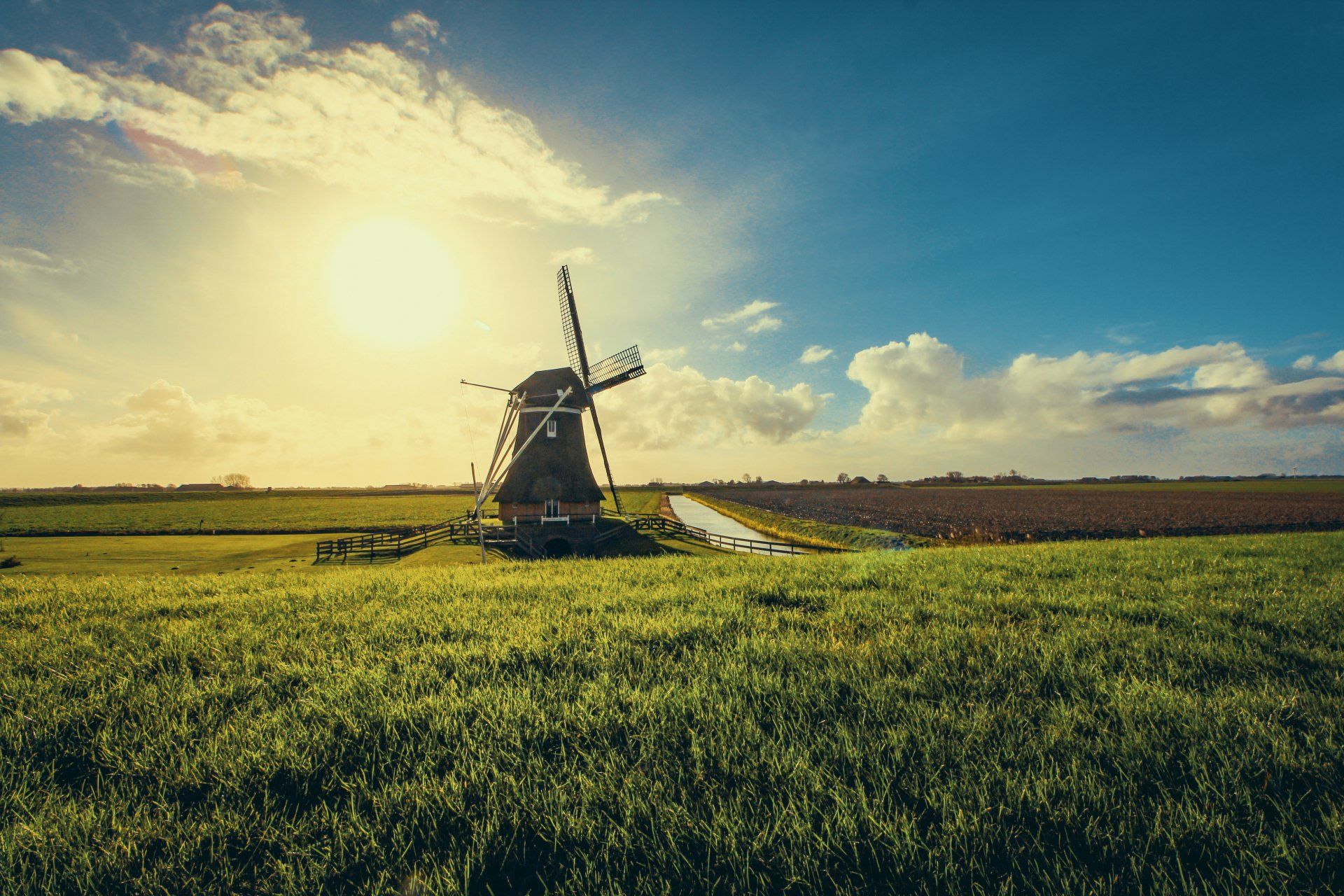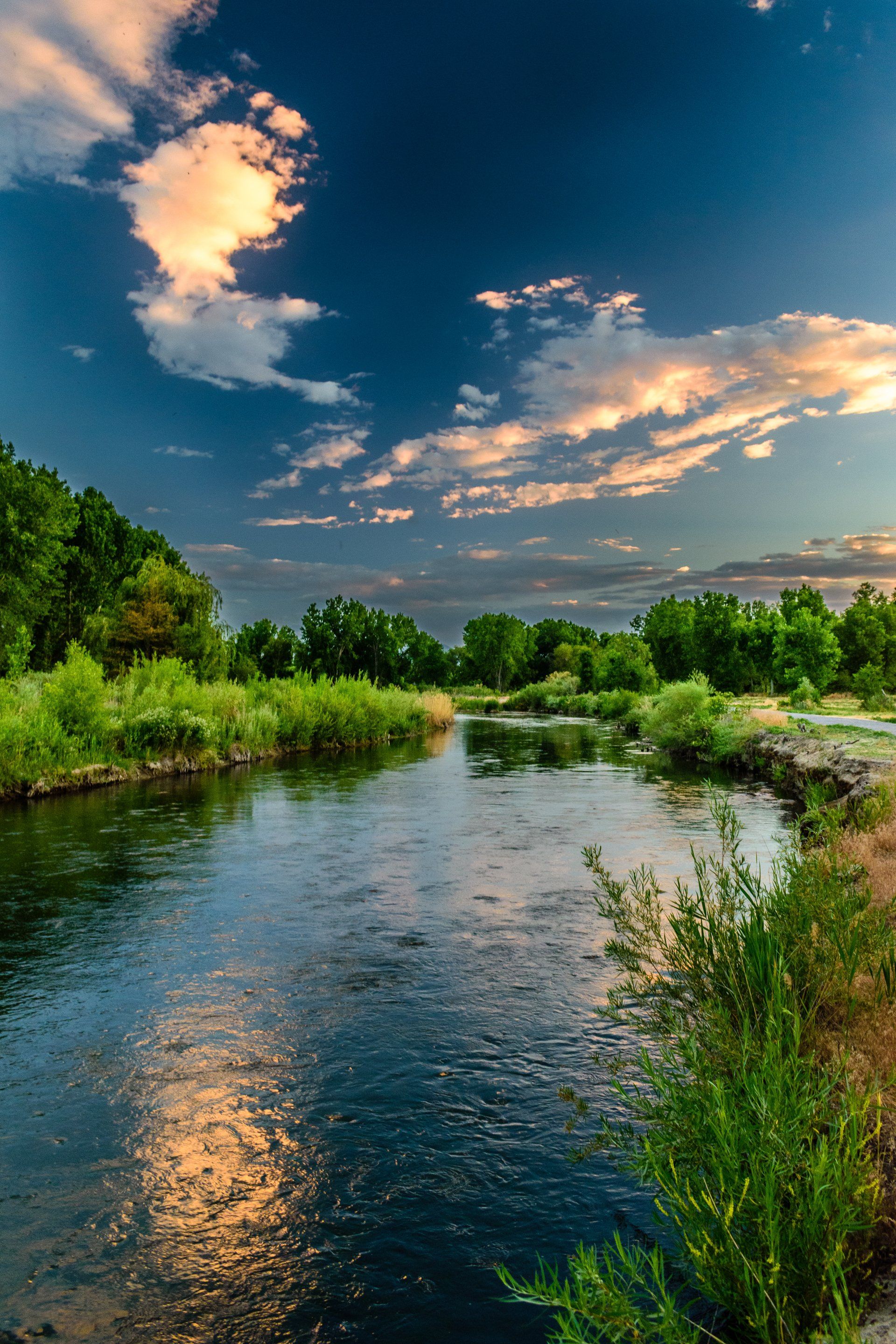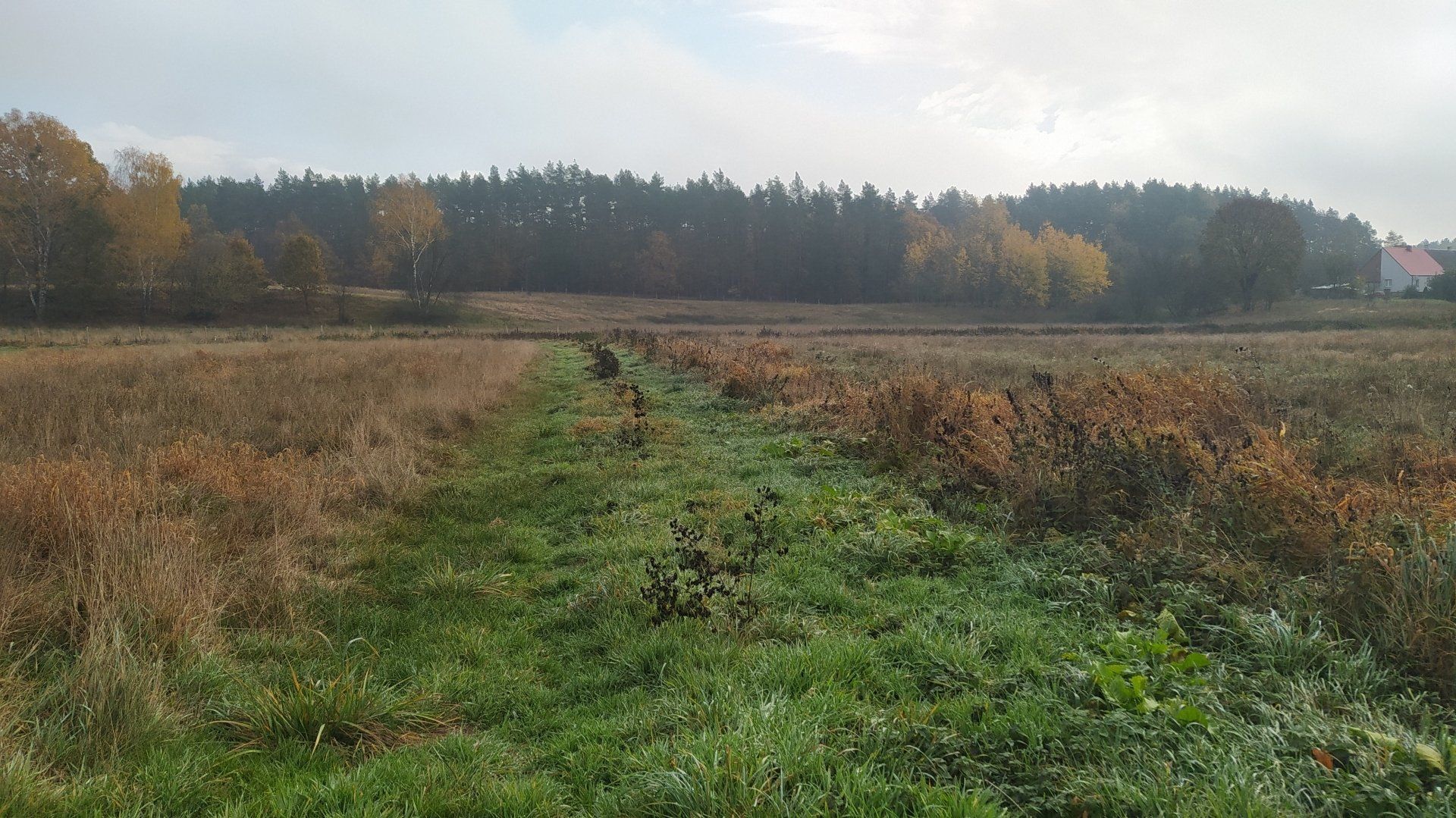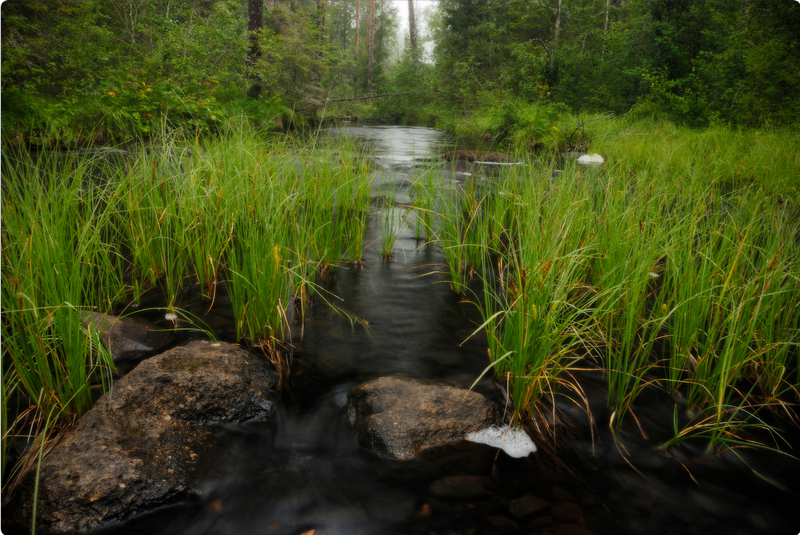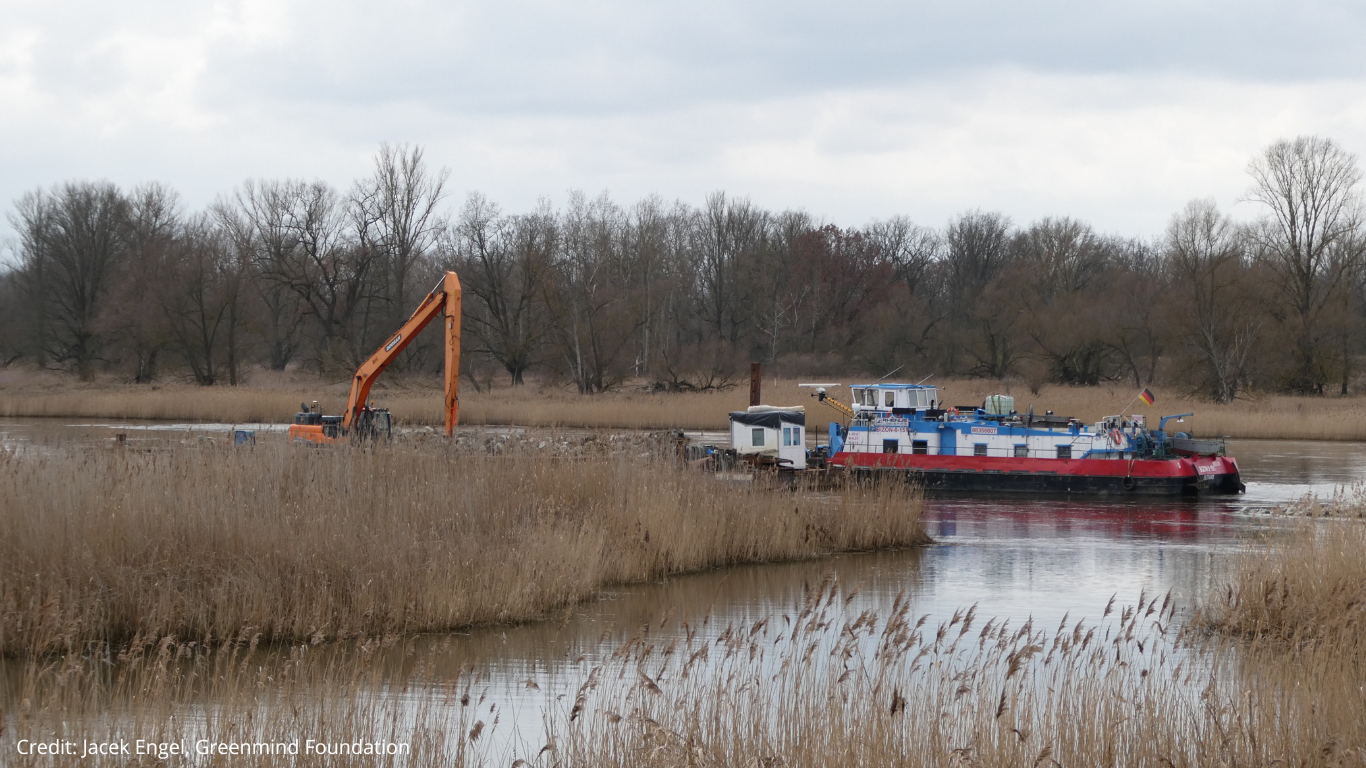Eutrophication

CCB´s activities in 2023 focused on targeted engaging and building awareness of actors and stakeholders at all levels, that are relevant for reducing nutrient inputs, including those in agriculture and water management sectors. It was done through:
- Greener Agriculture for a Sustainable Sea (GRASS) 2023, consisting of:
- The International Conference "Pesticides and the environment - GRASS 2023", 27 January 2023.
- 12th Lviv Organic & Natural Fair (LOF) on 2 September 2023 and "Lviv Taste Fair", 7 May 2023.
- The workshop on “Extreme weather events and their impact on nutrient leakage from rural areas” on 4 December 2023.
- Events contributing to and supporting the Baltic Sea Farmer of the Year Award.
- Educational component, through a compilation of materials for practictioners of conventional and industrial agriculture.
- Advocacy and contributions delivered to Baltic wide and EU Policy level:
- CCB took part in Informal Workshop on BAT/BEP to minimize nutrient losses from dry bulk fertilizer storage and handling in ports in the Baltic Sea in March 2023. Policy deliverables from this work are expected in 2024-2025 in a form of dedicated HELCOM recommendation.
- CCB took part in several HELCOM Informal Consultation Sessions of Source to Sea Group, Heads of Delegations,
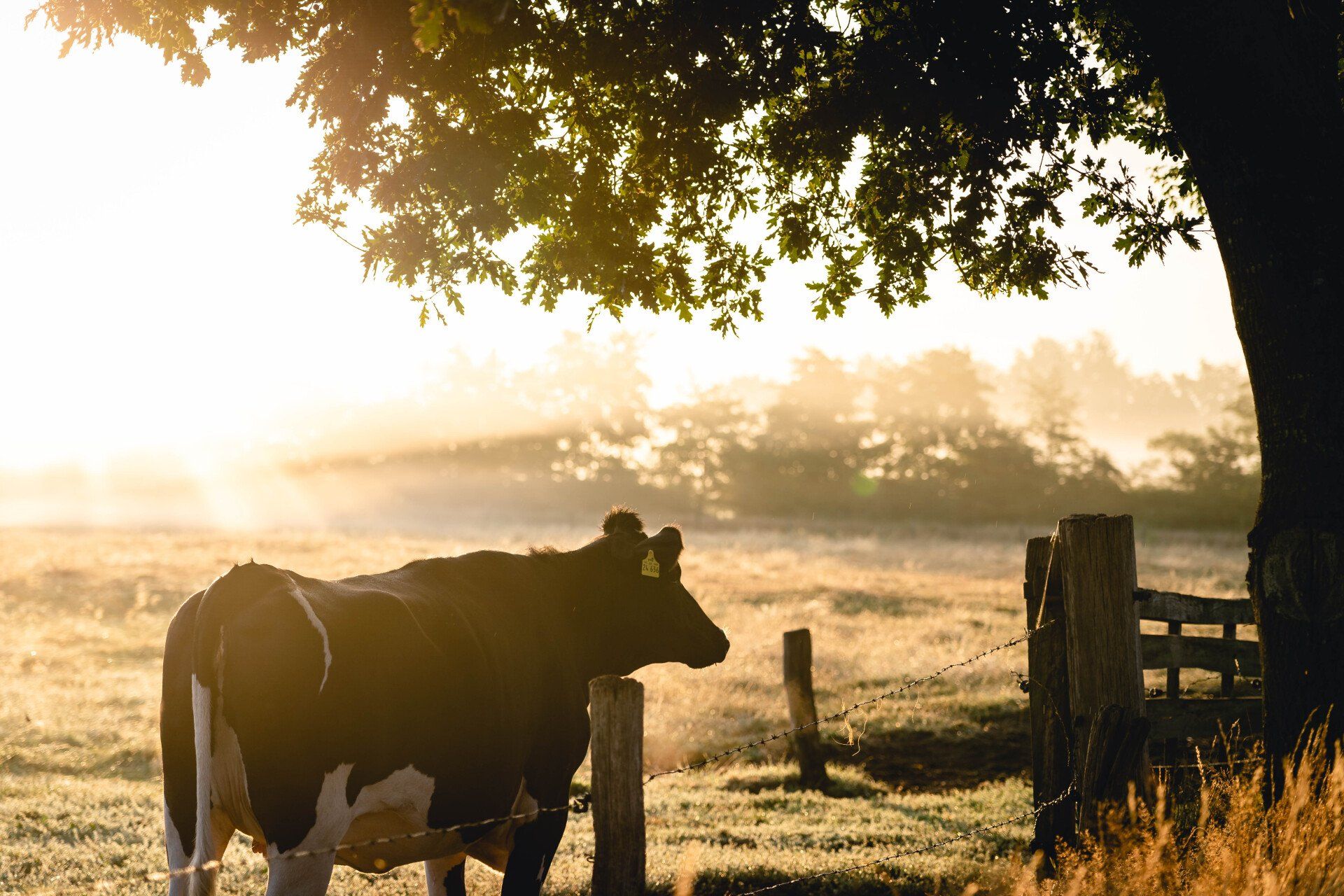
CCB continued working in 2023 on a pilot project on reducing nutrient load into the Baltic Sea through developing solutions for manure storages for small farming.
According to the original plan, a small animal pilot farm was planned to be selected based on owners’ willingness, understanding and interest in developing environmentally safe and sustainable model system for storing and handling manure and readiness to spread the idea among other farmers. Such a farm was planned to be selected in Russian part of Baltic Sea catchment. After the war in Ukraine started, the work in this part of basin became impossible and CCB is seeking options to replace it with an animal farm in Ukraine.
However, due to lack of capacity at the local level in Lviv because of other engagements, it became evident that we should instead focus on developing a model manure management plan for a small non-conventional farm that can be tested and replicated later on in different BSR countries. Such a draft model plan was developed for a small goat and horse farm within the project “Organic waste for the soil, not for the sea” co-funded by this grant and the Baltic Sea Conservation Foundation.
CCB will take over from it and plan to finalize and disseminate this study to HELCOM and CCB members and partners in 2024.
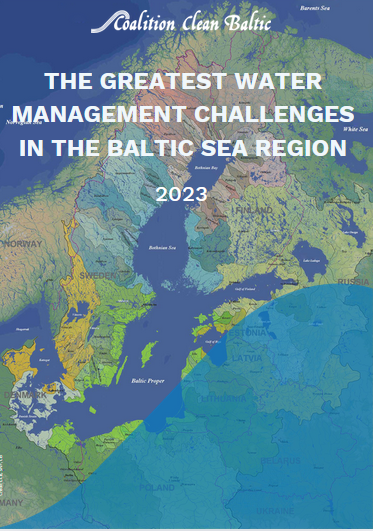
CCB took part in several events of 2023 where the impacts of agriculture, the wastewater treatment sector and energy generation were addressed.
This provided CCB and HELCOM with the most recent knowledge in the field, which were included in the CCB report “The Greatest Water Management Challenges in the Baltic Sea Region”.
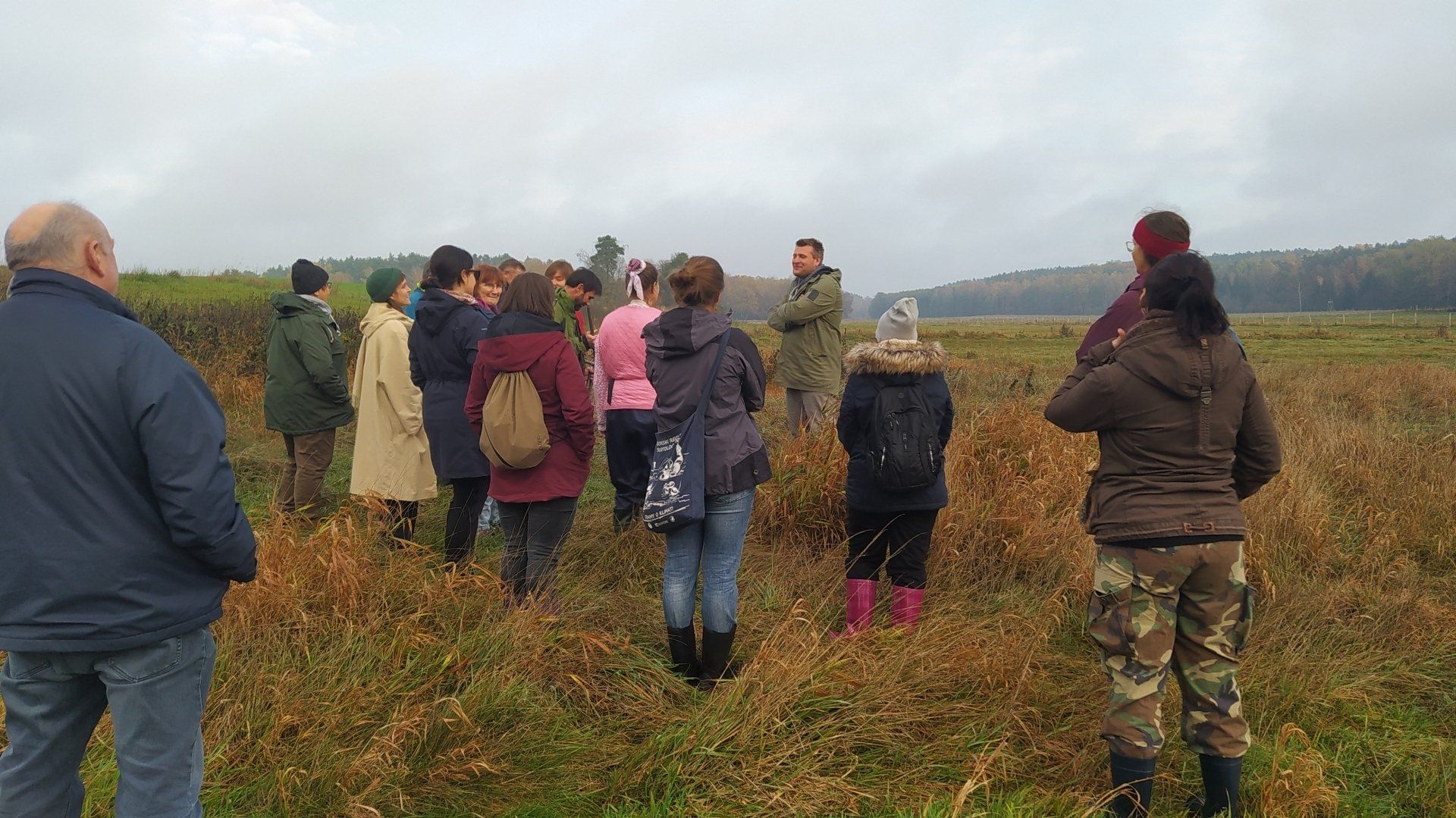
The work on comparing national regulations for buffer zones and wetlands in different countries continued in 2023. Eight MOs, representing seven Baltic Sea countries, provided input to CCB’s buffer zone study.
A draft report on this was finalized in 2023, which will be promoted in 2024 through a joint informational CCB Buffer Zone Campaign.
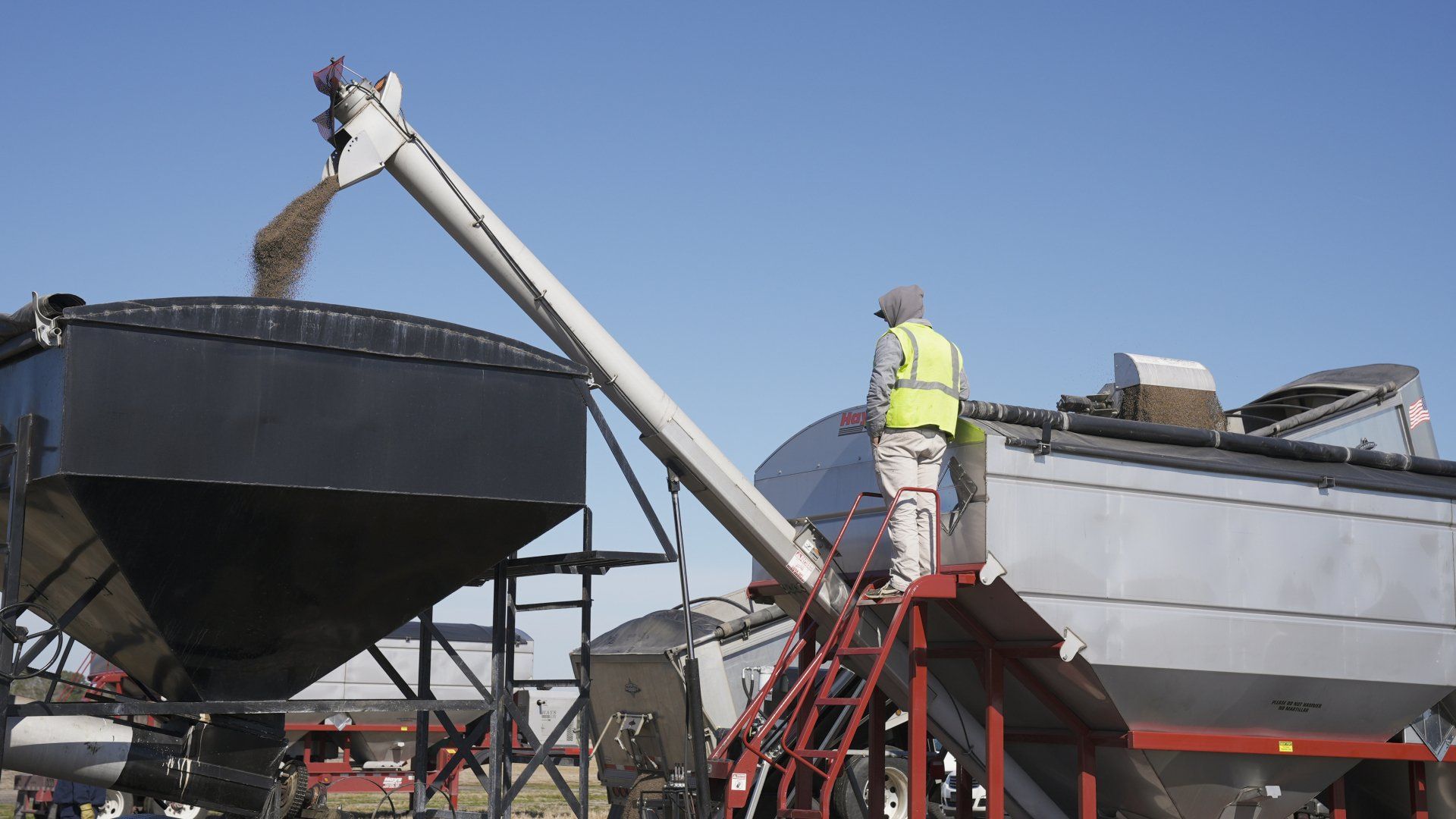
In 2023 CCB national experts continued enforcement monitoring of full implementation of HELCOM Annex III
Part 2, as well as IRPP and IED requirements to minimize nutrient inputs from Industrial Animal Farming (IAF), by compiling and adding data on IRPP and farms for horses, sheep, goats and fur animals (reduction of
ammonia and GHGs emissions from manure storage, manure management for horses, sheep, goats, and fur farming, measures aimed at reduction of emissions and discharges from agriculture).
CCB also continued addressing other new sources of nutrients (e.g. minimization of nutrient losses from dry bulk fertilizer handling, phosphogypsum waste stacks).
Indeed, CCB, jointly with Race for the Baltic and John Nurminen Foundation, co-organized the Informal Workshop on BAT/BEP to minimize nutrient losses from dry bulk fertilizer storage and handling in ports in the Baltic Sea, in March 2023 in Poland.
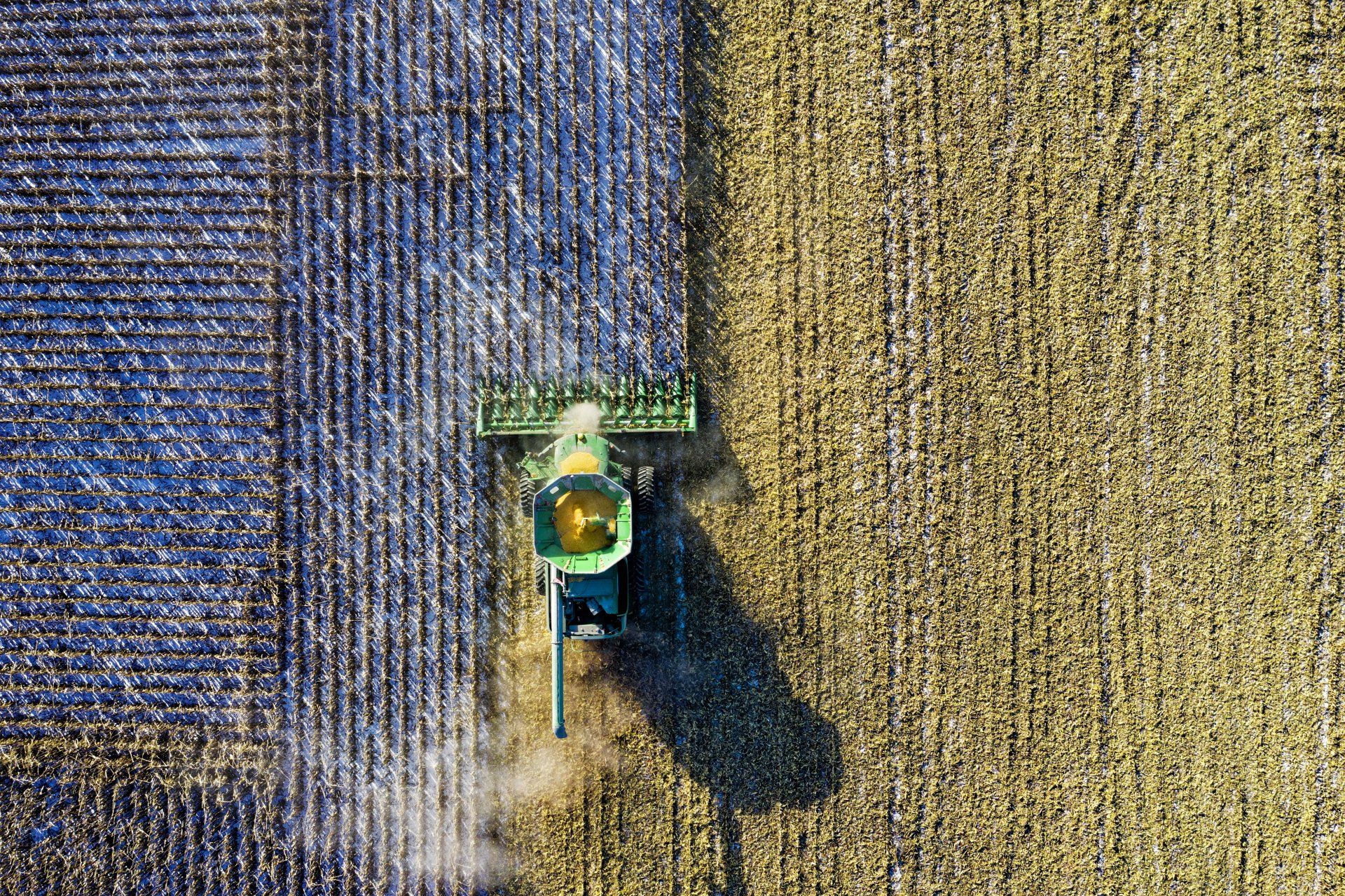
In 2022 CCB started undertaking analysis of the revised Baltic Sea Action Plan and HELCOM Annex 3 part 2 on how water protection measures in agriculture, especially buffer zones, will contribute to achieving GES (Good Environmental Status) of Baltic rivers and the Baltic Sea under the Water Framework Directive (WFD) and the Marine Strategy Framework Directive (MSFD).
As a second step, in 2023-2024, a more comprehensive analysis of the revised BSAP, Baltic Sea Regional Nutrient Recycling Strategy and HELCOM Annex 3 part 2 is being carried out with regards to surface and groundwater protection from agriculture, delivering inputs to both BSAP, WFD, ND and MSFD implementation processes.

Throughout 2023, CCB and its experts continued active contributions to the European Environmental Bureau’s activities in the Water and Agriculture working groups, promoting BSR work on water issues and the most grounded water policies, especially WFD, at the European level.
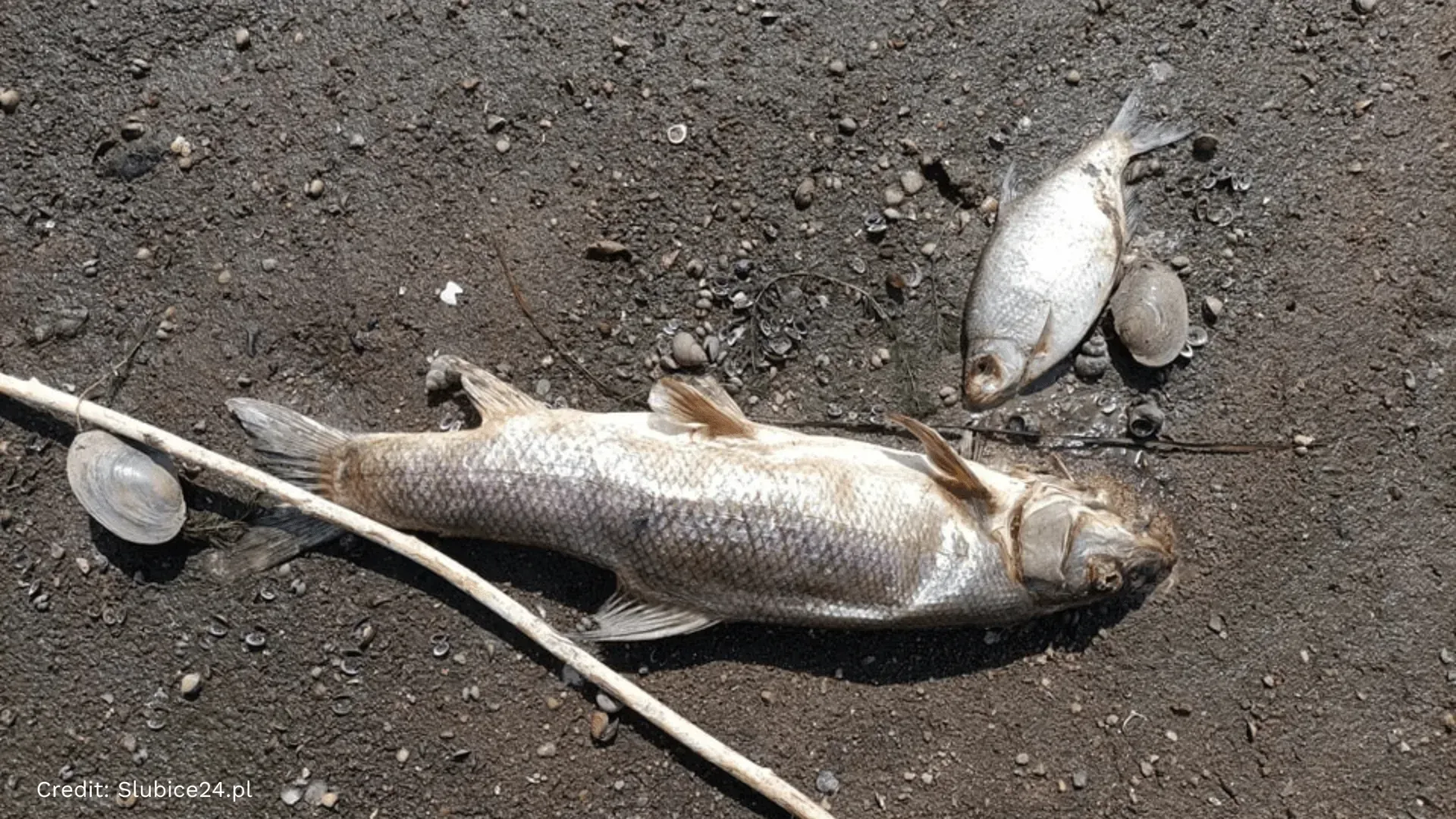
In August 2022, CCB expressed concerns and sent a letter to HELCOM and ICPO regarding severe pollution incident spreading along the Odra river.
CCB is a party in the administrative proceedings on this environmental damage led by the Polish Regional Directorate of Environmental Protection in Wrocław.
The Odra topic is led by WA EUTRO leader within the inland waters field. In 2023 the Odra
pollution incident was also addressed by CCB at several occasions in advocacy.
